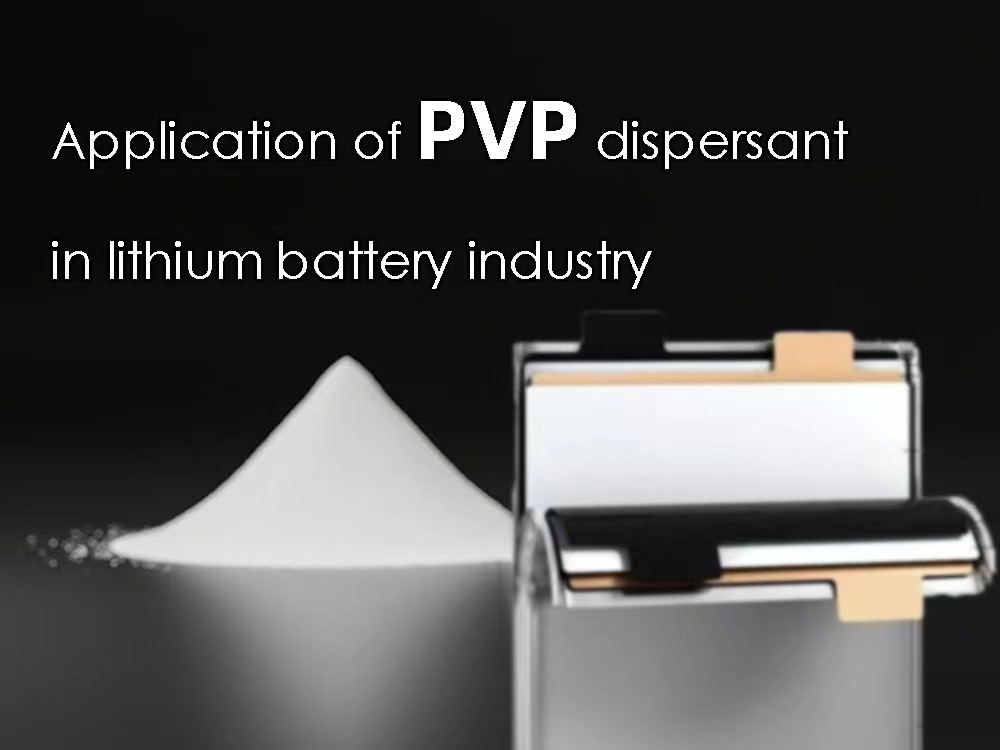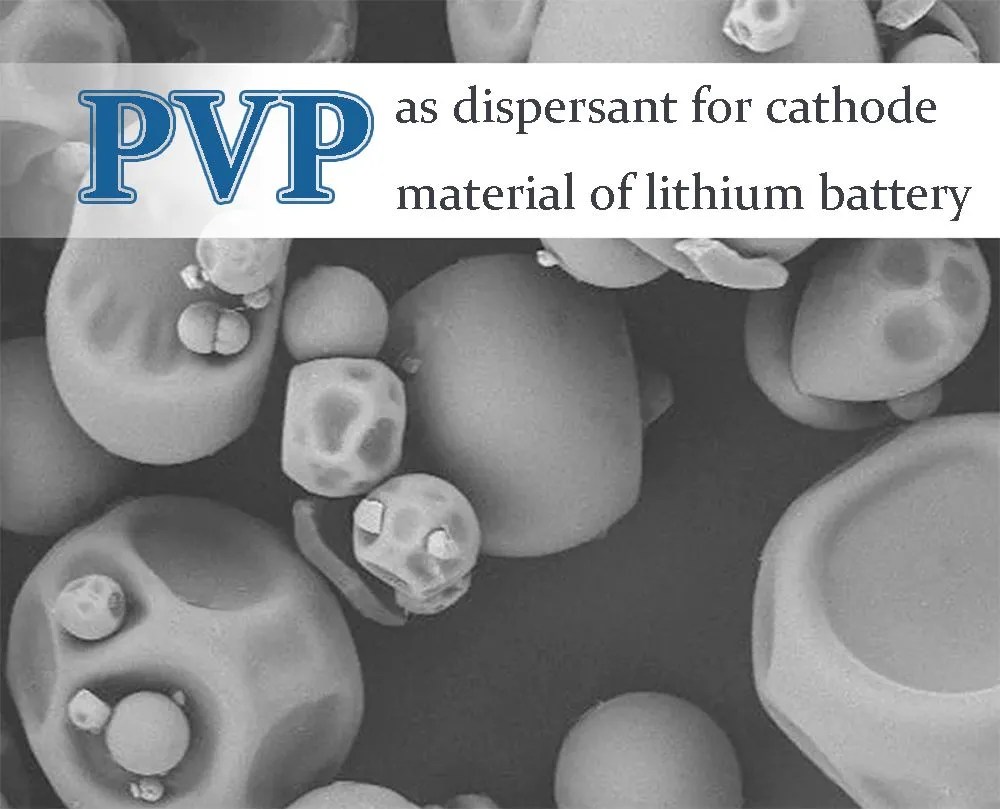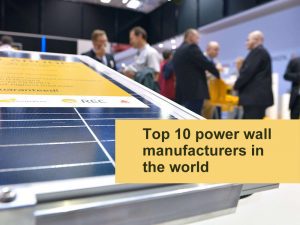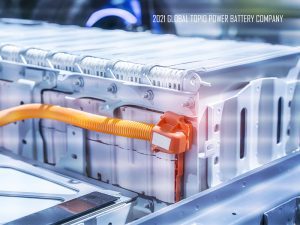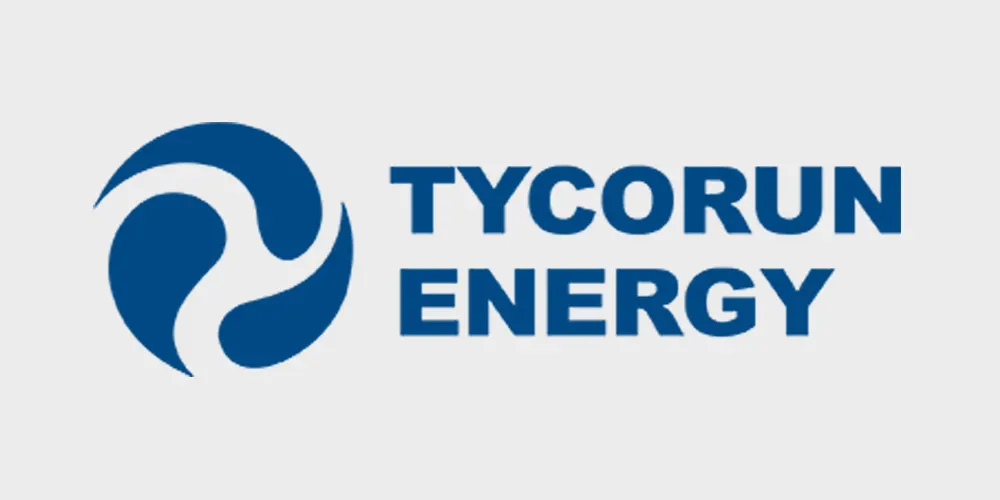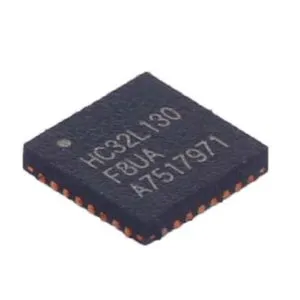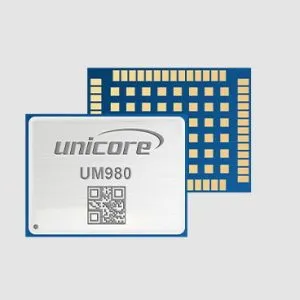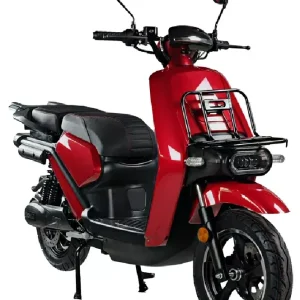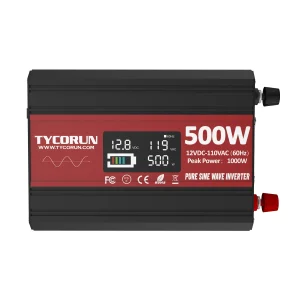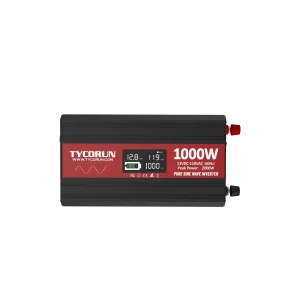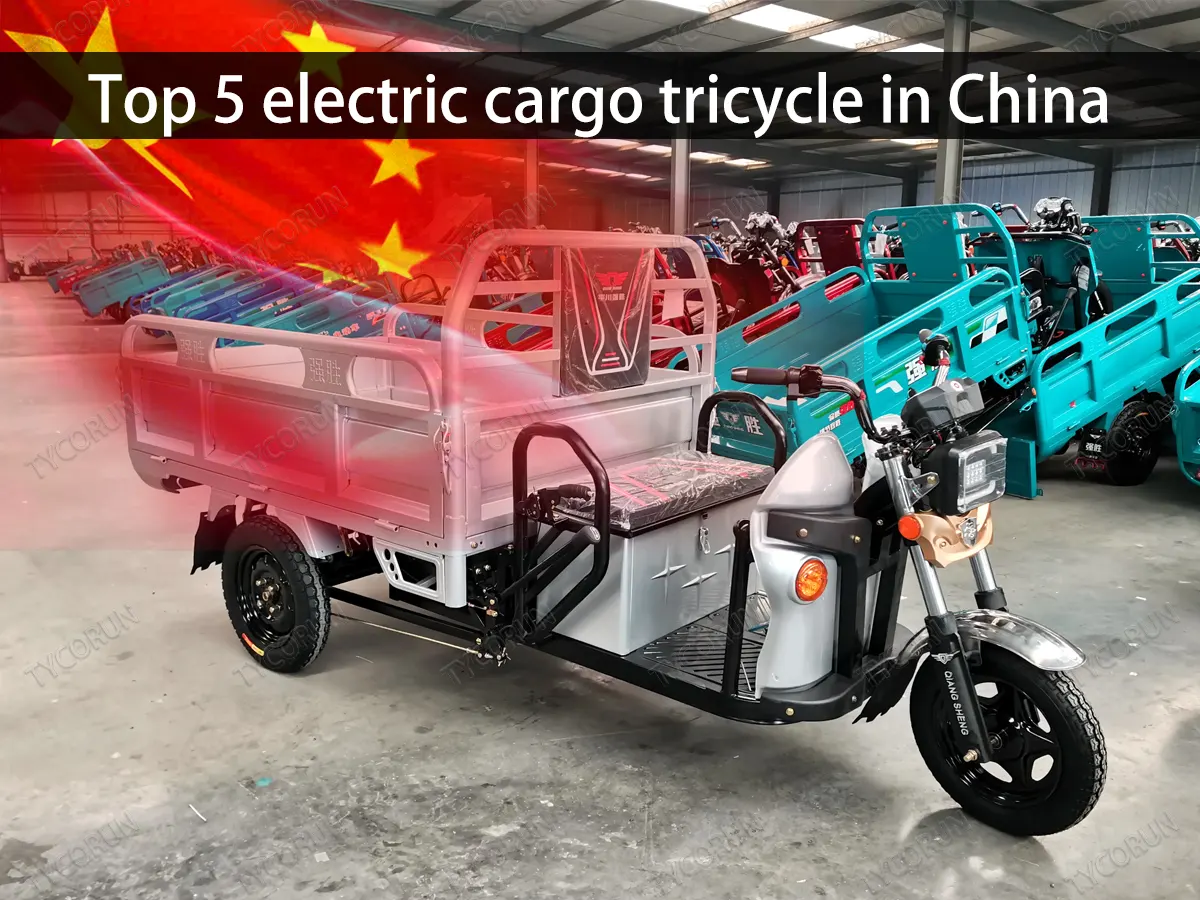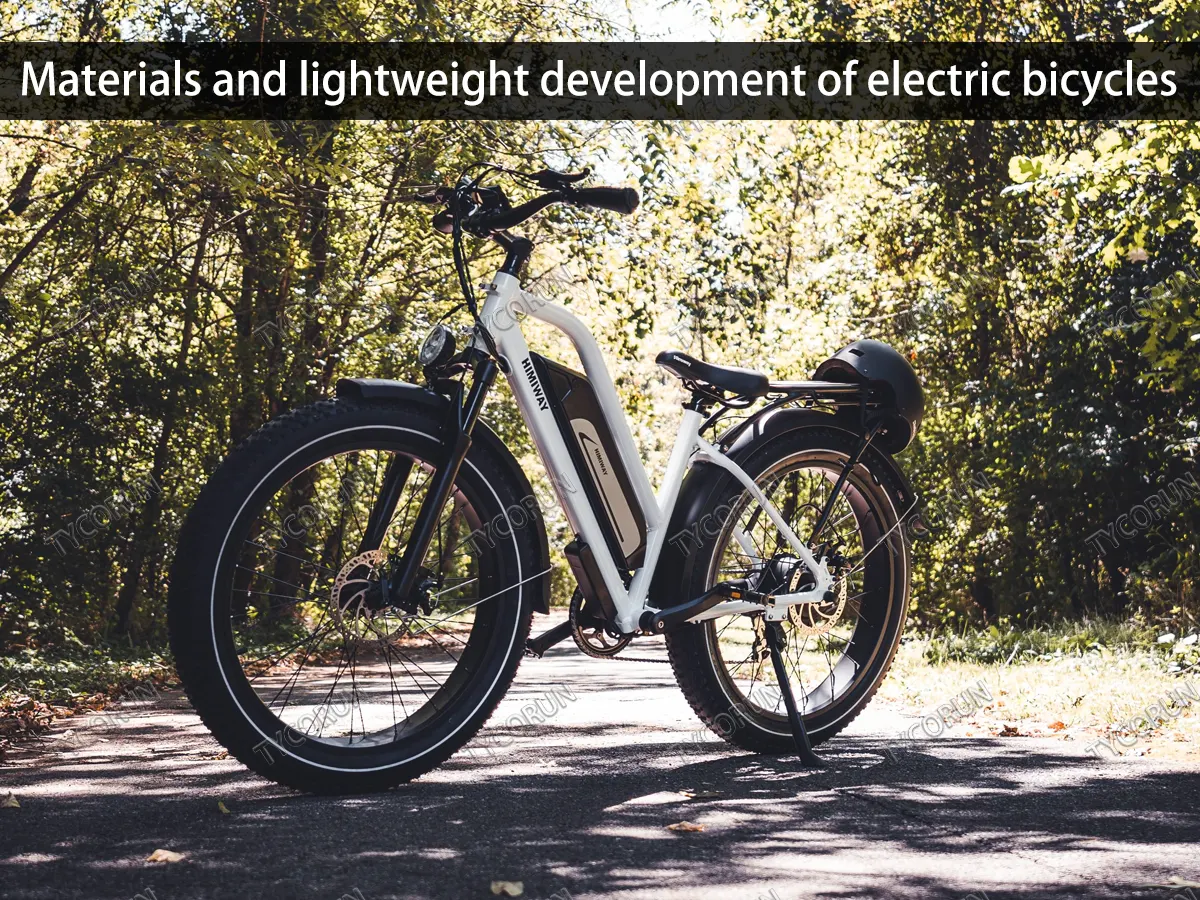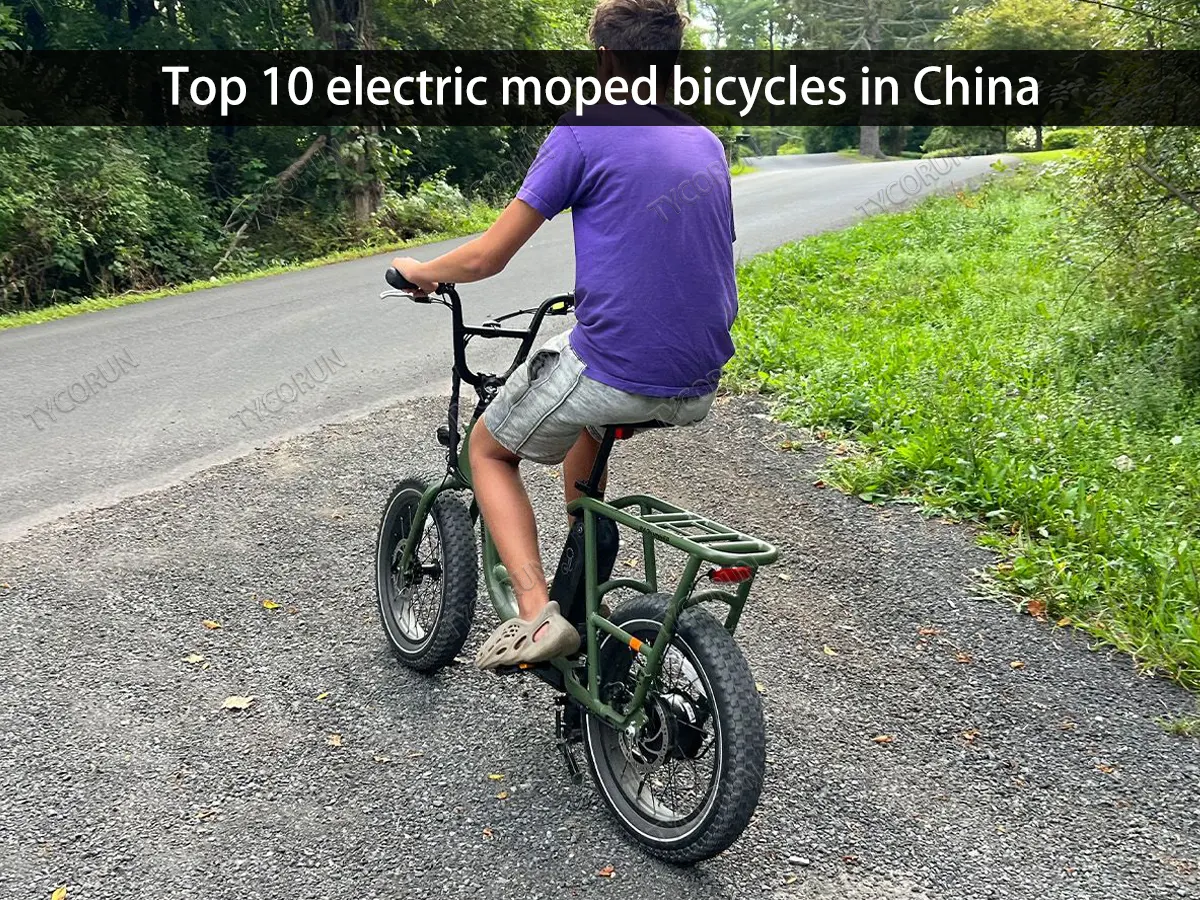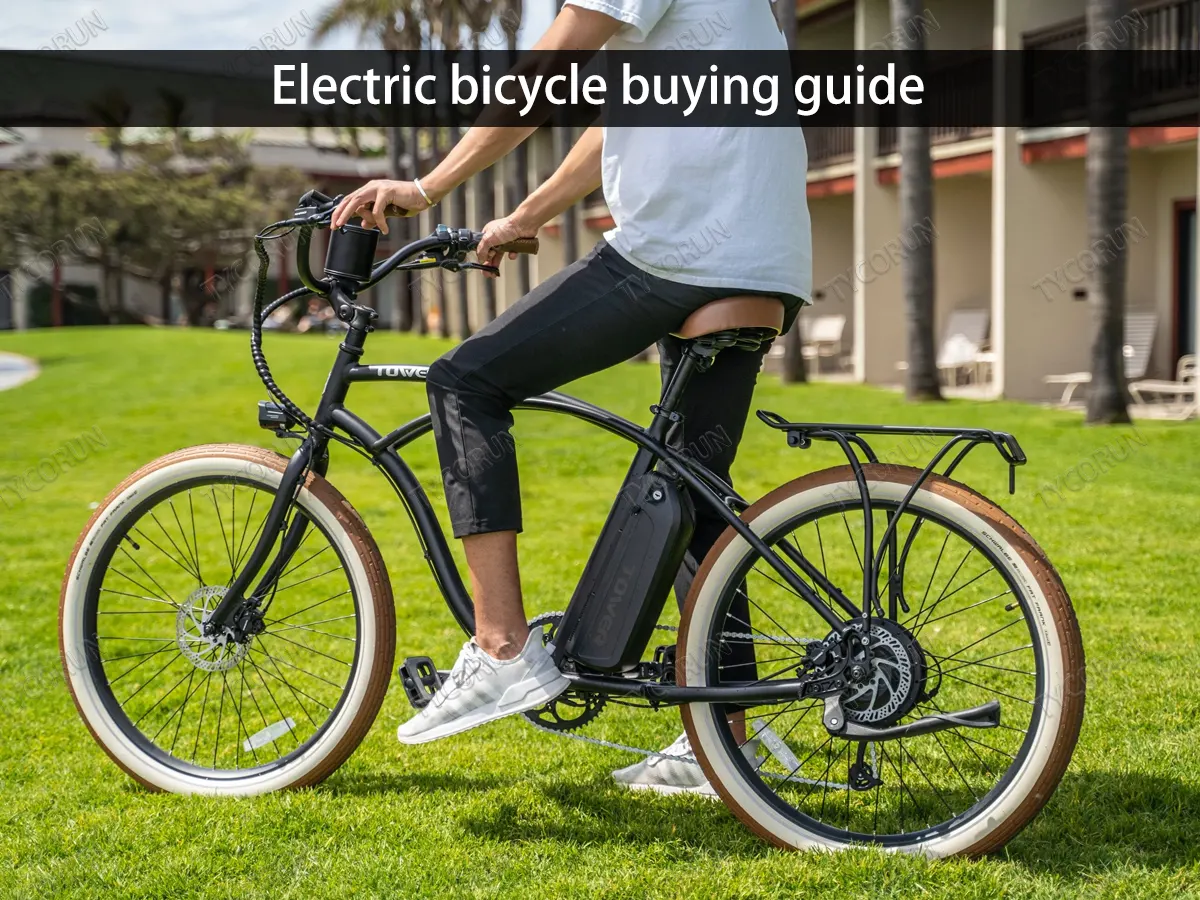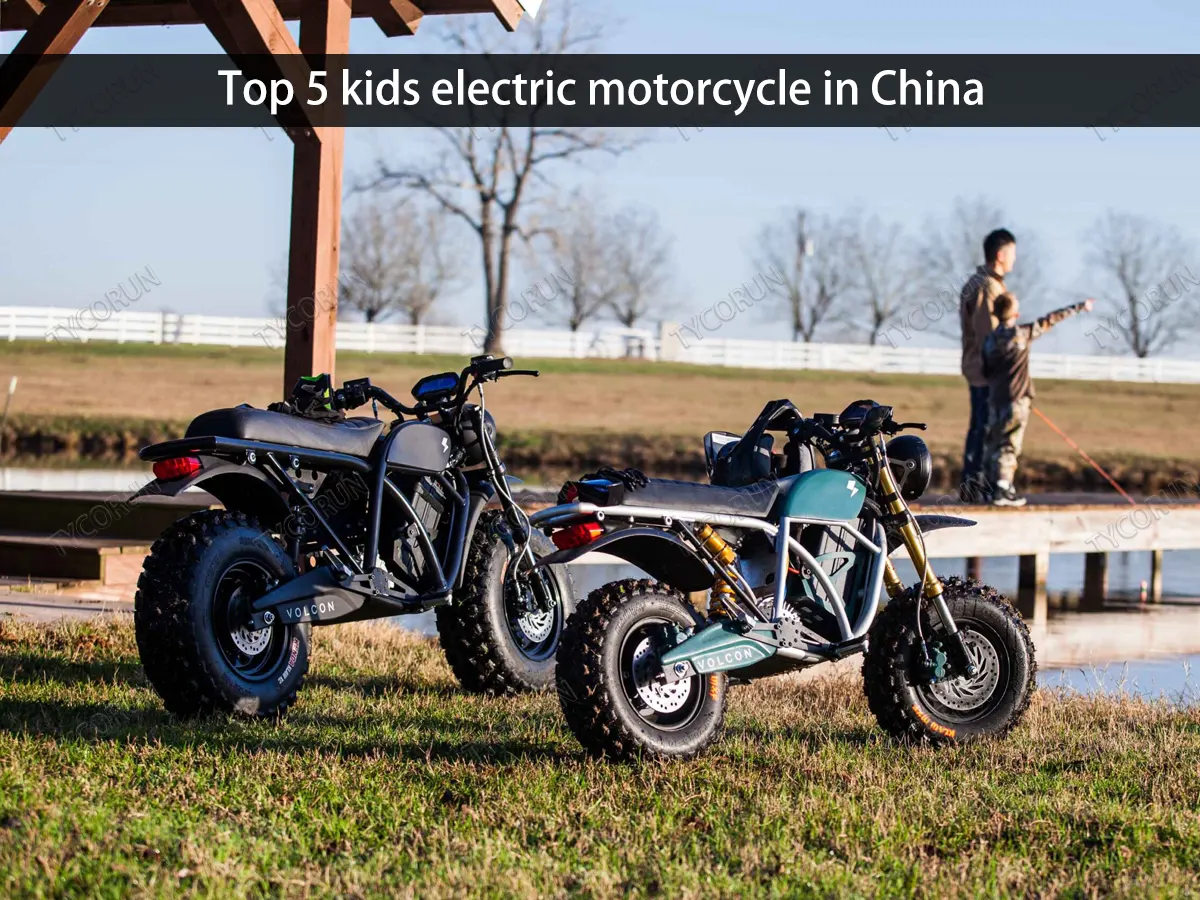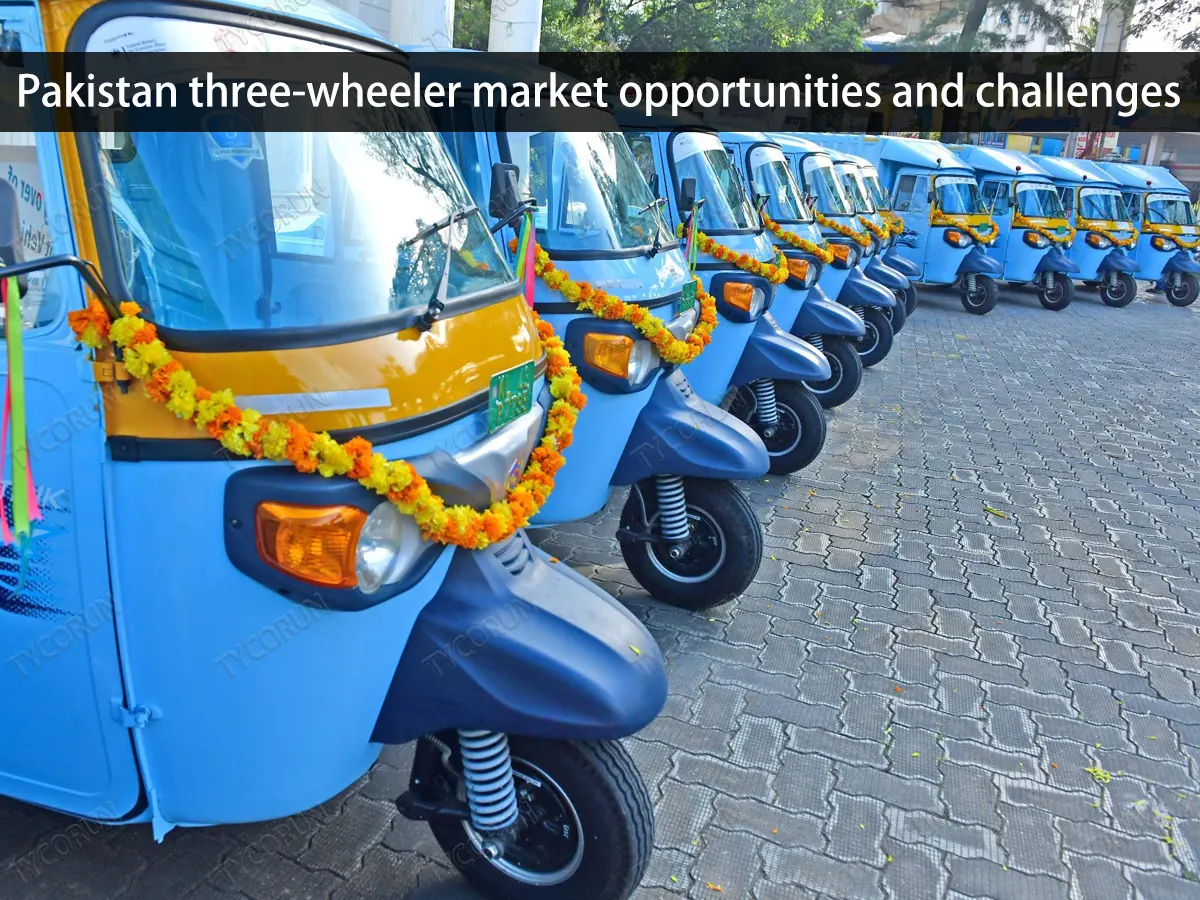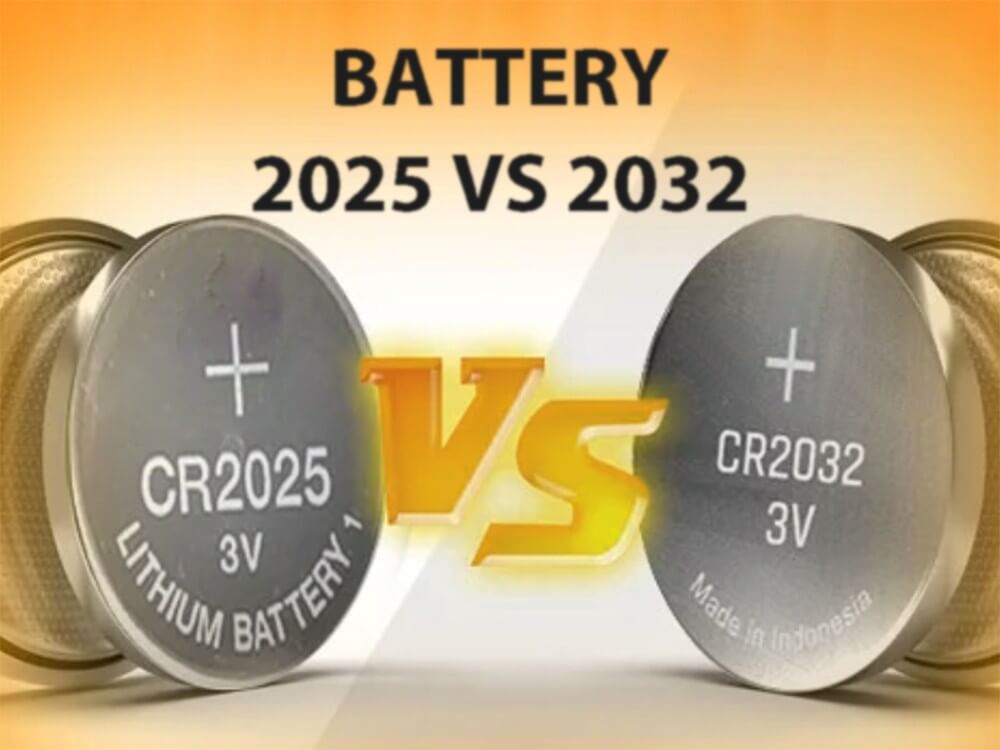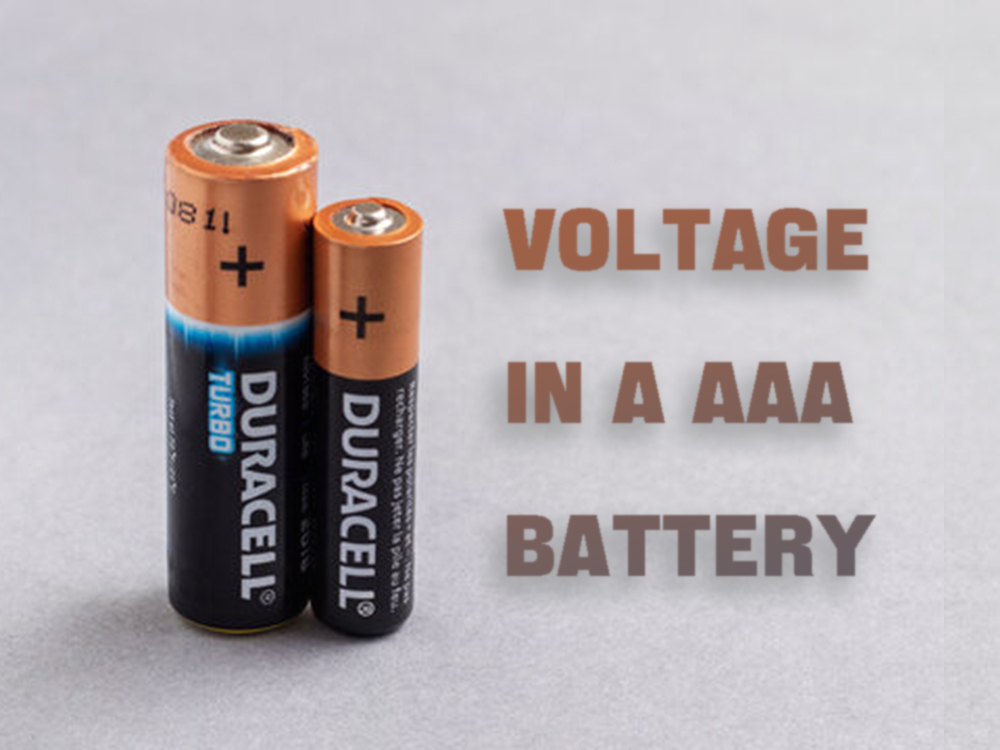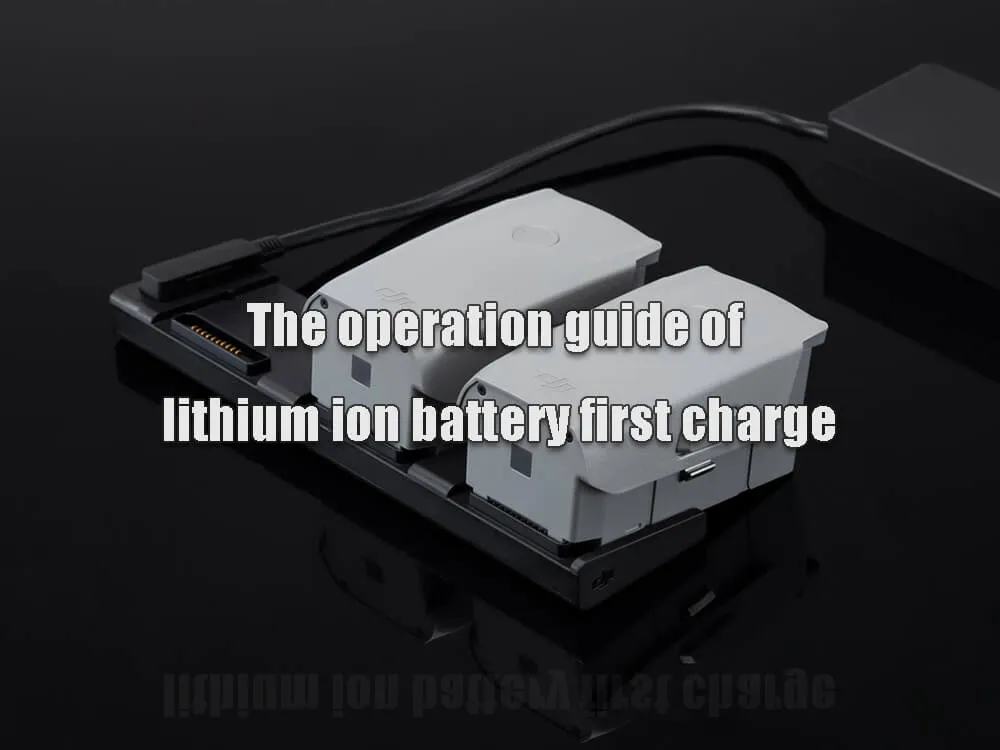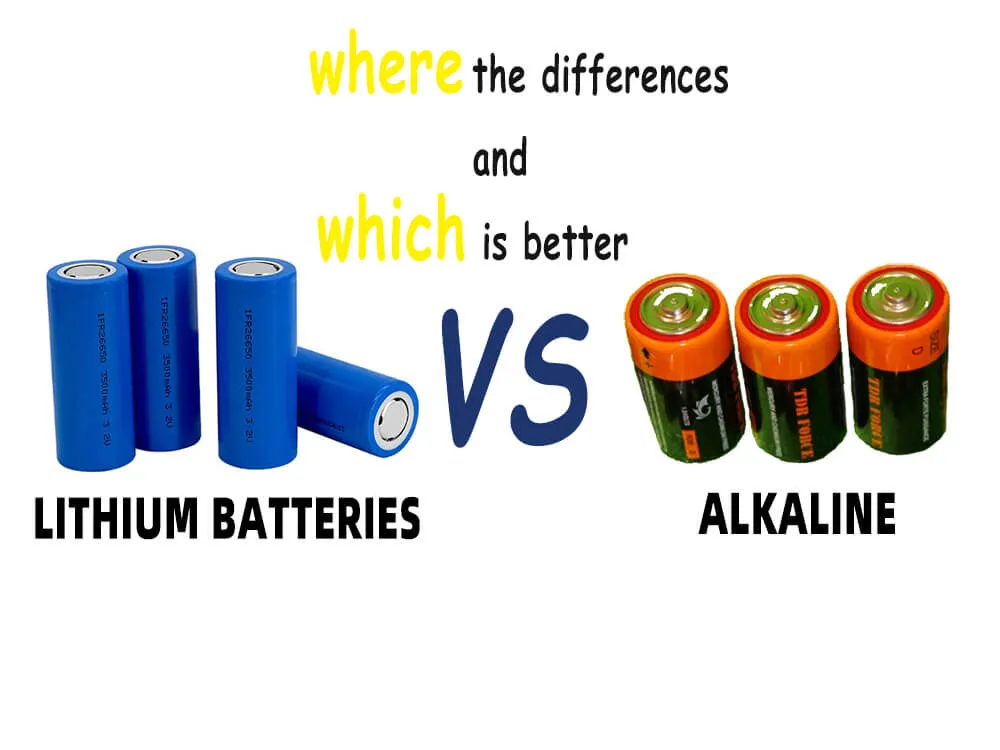Application of PVP dispersant in lithium battery industry

PVP dispersant for cathode material of lithium batteries
Slurry is very important in lithium-ion battery production. 70% of the quality of the battery is related to the quality of the pole piece, and 70% of the quality of the pole piece is related to the quality of the slurry. Making the paste is equivalent to completing 50% of the battery, which is the core work of battery manufacturing. Lithium-ion power battery slurry is basically composed of active material, conductive agent, binder and solvent. In the pole piece preparation section, the three processes of material drying, sol and slurry directly determine the quality of the slurry.
Lithium-ion battery cathode materials are difficult to disperse evenly during the homogenization process, and dispersants need to be added. The cathode materials of lithium batteries mainly include lithium cobalt oxide, lithium manganese oxide, lithium iron phosphate, etc., due to their low conductivity, in the battery preparation process, it is often necessary to add an appropriate amount of conductive agent, such as graphene, carbon nanotube, etc., to improve the conductivity of the cathode material.
However, due to the small particle size and large specific surface area of ultra-fine battery cathode materials, such as lithium iron phosphate, it is difficult to disperse evenly during the homogenization process, resulting in high viscosity or low solid content of the slurry, this further leads to difficulty or even impossibility of coating, so the selection of dispersant is particularly important for the dispersion of lithium-ion battery cathode slurry.
PVP is an ideal dispersant for lithium-ion battery cathode slurry. The molecular structure of PVP contains strong polar lactam hydrophilic groups and C-C long-chain lipophilic groups, which can be well compatible with a variety of solvents, and can be coated on the surface of particles to form a good dispersion effect through steric hindrance.
Adding an appropriate amount of PVP to the battery cathode slurry can significantly improve the dispersion of the slurry, making the slurry change from a Newtonian fluid to a non-Newtonian fluid, the viscosity of the slurry is stabilized to a low level, which is beneficial to reduce the impedance of the cathode and improve the performance of the battery.
PVP as processing aid for lithium ion battery auxiliary materials
Carbon nanotube conductive agent can improve the energy density of lithium-ion batteries. The conductive paste is a slurry formed by uniformly dispersing a conductive agent in a solvent, while the carbon nanotube conductive agent is a slurry formed by dispersing carbon nanotubes as a conductive agent in a dispersion solvent.
As a new type of conductive agent for lithium-ion batteries, carbon nanotube conductive agent can improve the electrical conductivity of the battery, and the amount added is 60%-70% less than that of conventional carbon black conductive agents, at the same time, the amount of adhesive can be reduced, which can significantly improve the energy density of lithium-ion batteries.
PVP can significantly improve the dispersion properties of carbon nanotubes in water, organic solvents and other matrices. CNTs are lightweight, perfectly connected in a hexagonal structure, and possess many unusual mechanical, electrical, and chemical properties. Due to the strong van der Waals force between the tubes, carbon nanotubes form bundles or entangle with each other, resulting in agglomeration, which severely limits their mechanical, thermal and electrical applications.
PVP is an amphiphilic polymer with a special structure, the pyrrolidone group is a hydrophilic group, and the main chain is a C−C bonded hydrophobic segment, it has lipophilicity, so it can be dissolved in water or organic solvents such as alcohol, carboxylic acid and amine alkanes. Introducing PVP, a polymer with an amphiphilic structure, onto the surface of CNTs can significantly improve the dispersion properties of CNTs in water, organic solvents, and other matrices.
Medium molecular weight PVP K25 and PVP K30 have the best dispersion effect on multi-walled carbon nanotubes, and the viscosity of the slurry is low. It presents the characteristics of near-Newtonian fluid, the dispersed multi-walled carbon nanotube particles are uniform, the average particle size is relatively small, and it has good stability.
At the same time, its resistivity is also low, and its adsorption capacity is higher than that of low molecular weight PVP K17 and high molecular weight PVP K90, and it has a better steric hindrance modification effect on the surface of the multi-walled carbon nanotubes, so that the multi-walled carbon nanotubes are almost dispersed in a single root, and the entanglement phenomenon is significantly reduced.
Demand analysis of PVP dispersant in lithium battery industry
1. The annual demand for PVP dispersant for carbon nanotube conductive agent is growing rapidly
In 2025, the global demand for PVP dispersants for carbon nanotube conductive agents will reach 7,375 tons. According to the analysis, every ton of carbon nanotube conductive agent needs to add 12.5kg of PVP as a dispersant, if all PVP is used, the global demand for PVP dispersants for carbon nanotube conductive agents will reach 1,975 tons in 2022 and 7,375 tons in 2025.
2. In the future, the annual demand for PVP for lithium batteries is expected to reach 30,000 tons
The overall global shipments of lithium-ion batteries are growing rapidly. According to the data, in 2021, the overall global shipment of lithium-ion batteries will be 562.4GWh, a substantial increase of 91% year-on-year. From a structural point of view, global automotive power battery shipments were 371GWh, a year-on-year increase of 134.7%; The shipment of energy storage batteries was 66.3GWh, a year-on-year increase of 132.6%; the shipment of 3C small batteries was 125.1GWh, a year-on-year increase of 16.1%. Related companies could refer to lithium top 100.
In 2025, the global annual demand for PVP for lithium batteries is expected to reach 33,100 tons. It is predicted that global power battery shipments will reach 1550GWh in 2025, and energy storage battery shipments will reach 476GWh. Based on the high growth rate of the new consumer electronics market and the increase in the unit capacity of traditional 3C consumer electronics, assuming that the average annual compound growth rate of global consumer electronics lithium-ion battery shipments is 10%, the shipments will reach 183.2GWh in 2025. If you are interested in consumer batteries, here are related 3C consumer lithium battery manufacturers for reference.
According to the above analysis, assuming that the amount of PVP in the lithium-ion battery field is about 15 tons for 1GWh, the annual demand for PVP for lithium batteries will reach 11,600 tons in 2022 and 33,100 tons in 2025.

